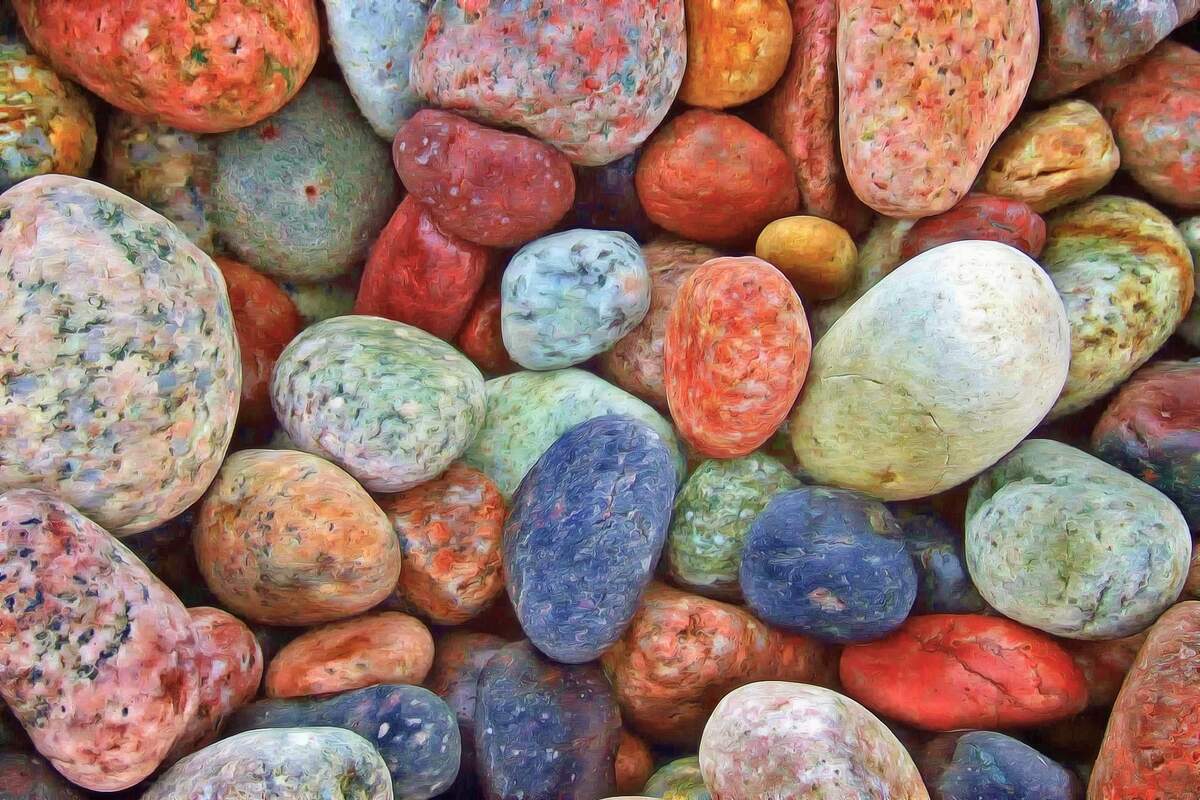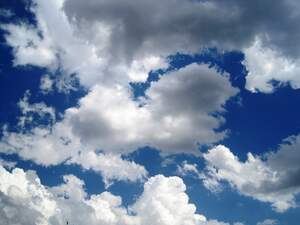

Collect Rocks Day
Also known as
National Collect Rocks Day
Observed
annually on September 16th
Dates
September 16th, 2024
September 16th, 2025
September 16th, 2026
September 16th, 2027
September 16th, 2028
Hashtags
Sources
https://audreydriscoll.com/2019/09/15/september-16th-is-collect-rocks-day/
https://en.wikipedia.org/wiki/Amateur_geology
https://jclibrary.libcal.com/event/12862624
https://rockology.net/blogs/news/7-quick-tips-to-start-a-rock-collection
https://www.earthmagazine.org/article/geologic-column-collect-rocks-day-offers-opportunity-inspiration/
https://www.journee-mondiale.com/en/day/collect-rocks-day/
https://www.kgou.org/community-calendar/event/national-collect-rocks-day-a-geology-celebration-30-08-2022-10-30-01
https://www.anrdoezrs.net/links/100298379/type/dlg/https://www.newspapers.com/image/462722948/
https://www.anrdoezrs.net/links/100298379/type/dlg/https://www.newspapers.com/image/683540485/
https://www.anrdoezrs.net/links/100298379/type/dlg/https://www.newspapers.com/image/814621174
Collect Rocks Day is a day to get outdoors, look for rocks, appreciate the beauty and diversity of rocks, learn more about rocks and geology, start collecting rocks, and enjoy one's rock collection. Sometimes known as National Collect Rocks Day, Collect Rocks Day has been marked at least since 2001. Events are often held at children's museums, libraries, and parks in honor of the day.
Rock collecting, also known as amateur geology, is the hobby of collecting rocks, minerals, and fossils. Rock collecting is also known as rockhounding, and collectors are known as rockhounds. Rocks inform those who collect and study them about the Earth—the Earth is made of rock, after all. Rock collecting can spark a young person's interest in rocks, which may lead to a passion for Earth science and geology in adulthood. Earth scientists often started as youngsters collecting rocks and being interested in rocks, minerals, and fossils. Those who pursue careers in these fields help resolve the important ecological issues of their time, such as climate change and managing natural resources.
In ancient times, rocks served as tools, weapons building materials, and jewelry. The first geologists were prospectors who looked for gemstones and minerals. Their search had commercial purposes, but now people search for and collect rocks more as a hobby, not for the monetary value of the rocks, but because of their beauty. On a larger scale, rocks are used to build bridges, homes, and roads. Minerals, such as gold, silver, diamonds, quartz, and copper, are also extracted from them. In fact, rocks are usually made of two or more minerals. Although, a few rocks are made of one mineral, such as shale, limestone, granite, and sandstone. Most rocks on the surface of the Earth are made with eight elements in different arrangements: oxygen, silicon, aluminum, iron, magnesium, calcium, potassium, and sodium.
Children often have rock collections, but that doesn't mean some adults don't have them, too. Rock collecting is an inclusive hobby. Anyone can start simply by walking around outside and looking for rocks. Any kind of rocks can be collected (there are thousands), and ultimately there are no rules on how to collect them. Although, some rock collectors specialize in certain kinds of rocks, like geodes, fossils, or agates. The main tool used by rock collectors is a geologist's hammer, an implement similar to a pick on one end and a flat hammer on the other. Rock collectors also benefit from a hand lens, sometimes called a pocket magnifier, which is used to identify mineral grains. Six-power to ten-power magnification is ideal. Collectors regularly store their rocks in shoe boxes or corrugated cardboard boxes.
There are three main types of rocks, as classified by geologists: igneous, sedimentary, and metamorphic. Igneous rocks are formed by cooled lava or magma that has solidified. Basalt, granite, obsidian (volcanic glass), and andesite porphyry are examples of igneous rocks. What igneous rocks look like is largely determined by how quickly they cool: if magma cools slowly, usually thousands of feet below the Earth's surface, crystals grow in rock with coarse grains. When magma cools rapidly, at the Earth's surface or close to it, the crystals are very small, and the rock is fine-grained.
Sedimentary rocks are formed by layers of sediment, compressed over time, including fragments of rocks, minerals, or plant or animal material. They are formed on the Earth's surface, in water, or on land. Common sedimentary rocks are sandstone, limestone, and shale.
Metamorphic rocks are created when sedimentary or igneous rocks encounter high heat and pressure, causing them to transform into a new type of rock, one that is denser and more compact. Marble, quartzite, granite gneiss, and biotite schist are examples of metamorphic rocks. On Collect Rocks Day, all three types of rocks are collected by many!
How to Observe Collect Rocks Day
- Get outdoors and look for rocks and fossils. Backyards, parks, streams, beaches, quarries, hills, mountains, cliffs, roadcuts, and outcrops are great places to look. Make sure you look in a place where you have permission to, and leave many rocks for others. Label the rocks with the date and location you found them, and look up what they are. You could display them on a shelf or in a shadow box.
- Appreciate the beauty and diversity of rocks.
- Learn more about rocks and geology.
- If you have a child starting a collection, share some guidelines from the American Museum of Natural History.
- If you already collect rocks, take out your collection, look it over, and show it to others.
- Check for Collect Rocks Day events being held at children's museums, libraries, parks, and elsewhere.
- Visit a place that has a rock collection on display.
- Do some crafts with rocks.
- Subscribe to Rock & Gem Magazine.
- Explore websites related to rocks, minerals, and fossils like Rockology and mindat.org.
- Get a pet rock if you didn't already get one earlier in the month.
- Visit a geology museum.
- Visit a rock and mineral shop.
- Attend a rock, gem, and mineral show.
- Pick up a rock identifying book or guide such as Rocks and Minerals: A Guide to Familiar Minerals, Gems, Ores and Rocks, Rock, Gems and Minerals: A Fully Illustrated, Authoritative and Easy-to-Use Guide, Fossils: A Fully Illustrated, Authoritative and Easy-to-Use Guide, and National Geographic Pocket Guide to Rocks and Minerals of North America.
- Join a rock-collecting group.
- Get yourself a geologist's hammer.
- Learn about and try your hand at lapidary.
- Create a wish list of rocks you want to find.
- Buy some rocks for your collection online.





















